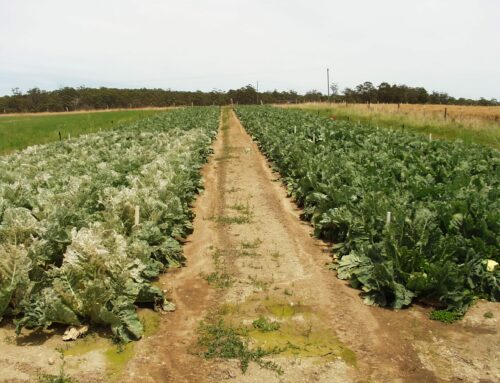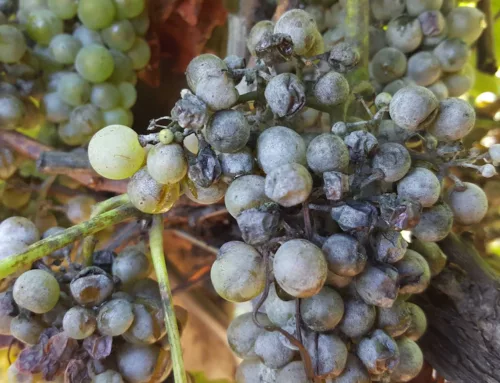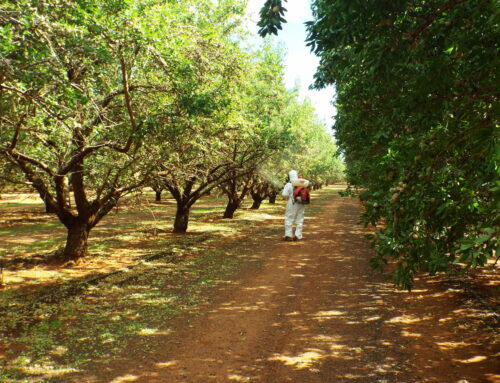Thrips (Thrips tabaci and Frankliniella occidentalis) are tiny insects that can cause significant damage to tomato crops. They not only feed on the plants, reducing their vitality and yield, but they can also transmit viral diseases.
R & D Solutions was approached by an Australian agricultural company that had developed a novel insecticide, designed specifically to control thrips populations. Given our extensive experience in tomato cultivation and pest management, we were ideally suited to conduct the necessary field trials.
Objective:
The main objective of the field trial was to evaluate the efficacy of the new insecticide in controlling thrips populations in trellis tomatoes under field conditions.
Trial Design:
The trial used a randomized complete block design. Each block consisted of untreated control plants and plants treated with the new insecticide. For comparison purposes, conventional insecticides were also included in the trial.
To ensure the robustness of the results, the trial was conducted across multiple trellis tomato farms in different Australian regions, each representing a diverse microclimatic condition. The trial was replicated at each site.
Trial Procedure:
The field trial was initiated early in the tomato growing season, just before the expected emergence of thrips. The tomato plants were monitored daily for the presence of thrips.
Once thrips were detected, treatments were applied. The new insecticide and the conventional insecticides were administered following their respective recommended usage rates. Applications were repeated at set intervals based on the product specifications and the progression of the thrips infestation.
Throughout the trial, our team closely monitored the tomato plants for signs of thrips activity and tracked changes in environmental conditions.
Data Collection and Analysis:
We collected data on thrips populations, damage incidence, and tomato yield and quality. The population and damage data provided insights into the efficacy of the treatments in controlling thrips. Yield and quality data offered an understanding of the potential impact of the treatments on tomato production.
Statistical analyses were performed on the collected data. The efficacy of the new insecticide was compared with that of the untreated control and the conventional insecticides.
Outcome:
The results of the trial demonstrated that the new insecticide was highly effective in controlling thrips populations, showing efficacy comparable to conventional insecticides, without any adverse effects on tomato yield or quality.
These findings were instrumental in supporting the registration process of the new insecticide, assisting the developing company in making informed decisions regarding its commercialization.
In summary, this trial exemplifies how R & D Solutions can assist clients in validating the effectiveness of innovative insecticides. Our comprehensive trial design, diligent execution, and thorough data analysis provide reliable, actionable insights that drive product development and contribute to the wider agricultural industry.






Leave A Comment